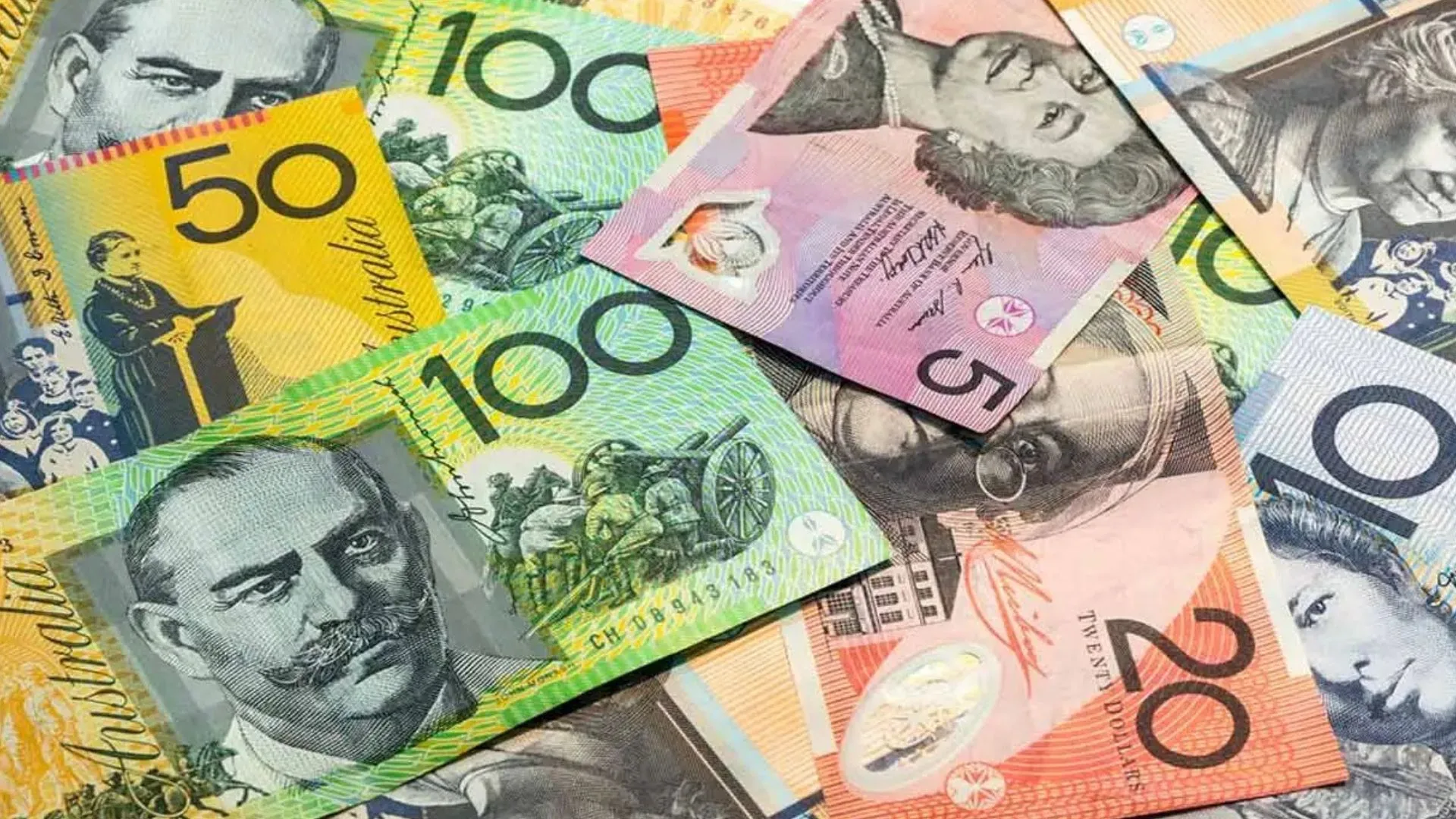Australians are being urged to prepare for rising household bills starting July 1, with energy, internet, and insurance costs all set to increase, according to The Sydney Morning Herald.
Despite easing inflation, higher operational costs are prompting companies to pass expenses onto consumers. Finder’s Sarah Megginson explains that price reviews often align with the financial year. However, retail expert Trent Rigby notes that hikes now occur year-round with little pattern.
Energy Bills:
Electricity prices will jump across New South Wales, South Australia, and parts of Queensland as the Australian Energy Regulator raises the default market offer. NSW households face increases of 8.3%–9.7%, while small businesses could see up to 8.5% hikes. Victoria’s average increase will be 1%, though individual distributors vary. Retailers like AGL, Origin, and Red Energy have already begun adjusting rates.
Federal Energy Minister Chris Bowen noted, “while the DMO is the benchmark… the AER has recorded market offers between 18 per cent and 27 per cent lower.” Consumers are urged to shop around.
Internet and Phone Plans:
Telcos including Vodafone, Optus, and Telstra will raise mobile and internet plan costs. Vodafone’s older postpaid plans will rise by $4/month. Telstra customers will pay up to $5/month more. NBN Co’s wholesale prices are also increasing, impacting most users. Providers like Exetel and Superloop have already raised prices.
Insurance:
Health insurance premiums rose in April, with NIB up 5.8% and Bupa 5.1%. Gold hospital plans have jumped 13.8% for singles. Car insurance costs climbed 5.8% on average, with Victorian drivers facing the highest increases.
Consumers are advised to compare plans. As Compare the Market’s Sarah Orr said, “You cannot count on energy retailers to put you on the best offer.”
Source: The Sydney Morning Herald
